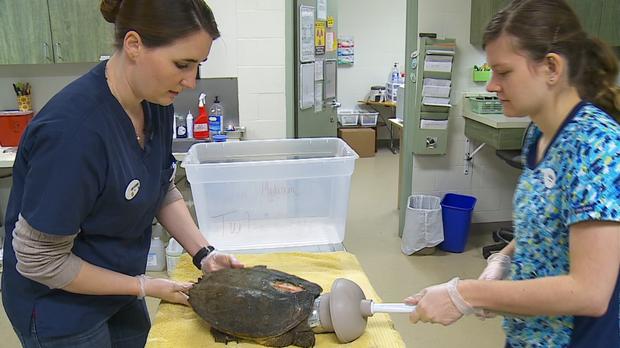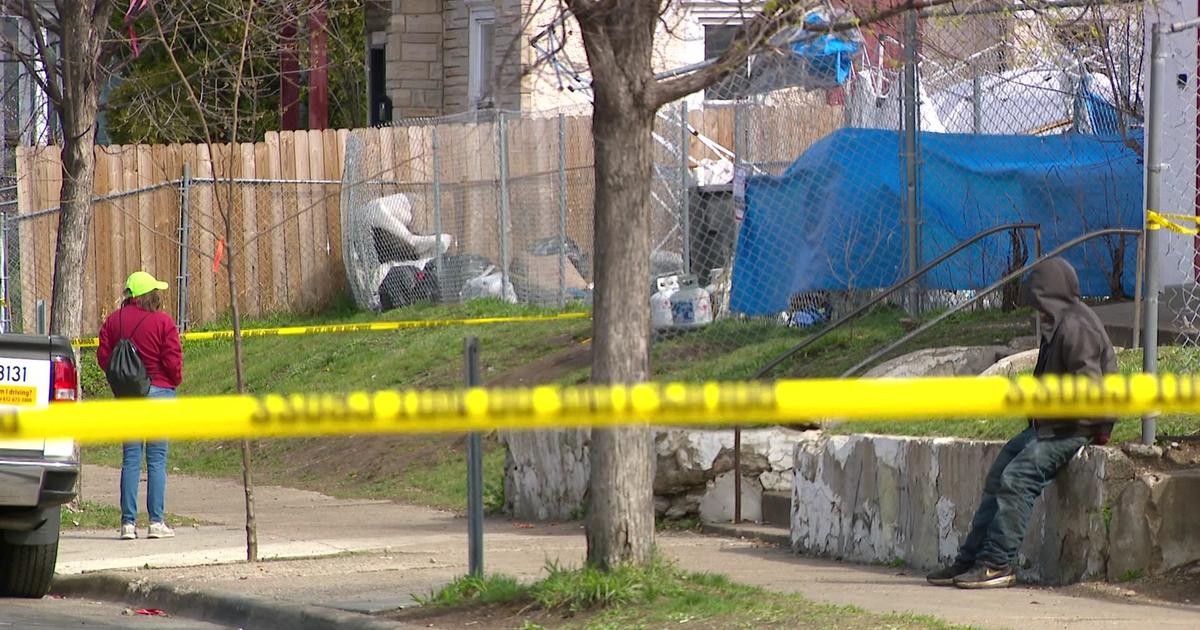Wildlife Rehab Center On Pace To Treat 12K Patients In 2015
MINNEAPOLIS (WCCO) -- The Twin Cities may be a major metropolitan area, but it is also home to hundreds of different wildlife species.
City living and nature can sometimes get in the way of each other, resulting in an injured animal.
The Wildlife Rehabilitation Center in Roseville is one of the largest veterinary organizations in the state to treat injured wild animals.
Agnes Hutchinson is a veterinarian at WRC, who fills her days healing the injured.
"Yes, it's hard and sometimes it's difficult to make decisions. But at the end of the day, I know I'm helping animals and it makes me feel great," Hutchinson said.
The role of a veterinarian is demanding anywhere, but there is an added challenge at the WRC. The work load keeps growing.
"In the summer, it's go, go, go," Hutchinson said.
For the last four years, the organization has had record numbers of patients. This year is no different.
"It's just the sheer numbers. Over a two-month period in the busy season, in the summer, we took in 5,000 animals," WRC Executive Director Phil Jenni said.
He says more than 11,000 animals have come through the door so far this year. That is already more than 2014's total of about 9,100.
"We're on pace to be about 12,000 patients," Jenni said.
One reason for the rush is the closure of the only other large-scale wildlife rehab center in the Twin Cities.
"All the animals that they typically would have either treated, or moved off to private rehabbers, came here," Jenni said.
He believes social media has also increased awareness of the organization, allowing the public to know what steps to take to get help for an injured animal.
The majority of the cases that come into the WRC come from citizens who see an injured animal and drop it off at the Roseville location.
"We hear so often that, 'I couldn't bear to see it suffering,'" Jenni said.
The challenge now is keeping up with demand. Jenni added staff this year, and there are 600 volunteers that help with the non-medical needs of the animals.
"We need volunteers," Jenni said. "We always need volunteers."
Jenni also says a big challenge with the recent growth is finding the space to keep all the animals.
They have moved some of the animals into outdoor cages. And they are also looking at eventually moving some of the animals who do not need constant medical attention off site to other locations.
Click here to learn more about how to help the Wildlife Rehabilitation Center.




